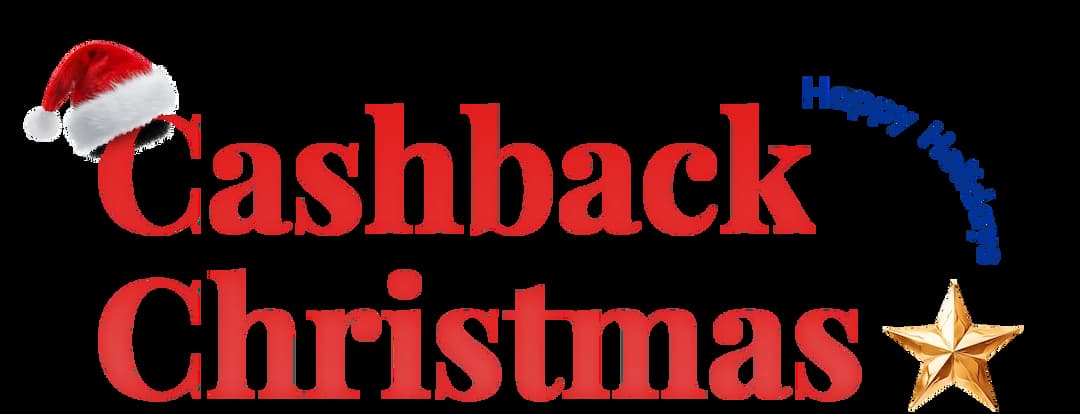What is the Best Time to Call Canada?

Canada is a diversified and culturally rich country, from the majestic peaks of the Rocky Mountains in the west to the ancient beauty of Quebec in the east. Due to the country's vast geography, it reflects multiple time zones with its local customs and schedules. So, calling someone living in Canada seems a little tricky and complicated.
However, understanding Canada's time zones helps connect with those living there. This article provides a comprehensive guide to different time zones and the best time to call Canada.
Understanding Different Time Zones in Canada
There are six standard time zones within Canada. Following is the list of different time zones across the country with a detailed overview:
Pacific Time Zone (PT)
The Pacific Time Zone (PT) covers the westernmost zone operated at UTC-8, which means it is 8 hours behind universal time. However, when daylight saving time (DST) begins, the time is forwarded to UTC-7 for one hour, which usually happens in March. Canadian cities like Vancouver, Surrey, and Burnaby follow this time zone.
Mountain Time Zone
The Mountain Time Zone (MT) covers part of British Columbia, the northwest, and Nunavut and operates at UTC-7 standard time. However, during the DST, the time shifts to UTC-6. It is one hour ahead of Pacific Time. Cities such as Calgary and Edmonton are located in this time zone.
Central Time Zone (CT)
The Central Time Zone (CT) operates at standard time UTC-6, covering areas like Saskatchewan, Manitoba, and Nunavut. During the Daylight Saving Time (DST), the standard time shifts to UTC-5. One of the interesting facts about this time zone is that though it observes DST, most parts of Saskatchewan do not observe it. So, you should take extra consideration when calling to this part of Canada from overseas.
Eastern Time Zone (ET)
The Eastern Time Zone (ET) is the most populated time zone and operates at UTC-5. But during the DST, the standard time zone becomes UTC-4, so consider the proper time before calling. Canada's major cities, like Toronto, Ottawa, and Montreal, follow this zone.
Atlantic Time Zone (AT)
Atlantic Time Zone (AT) is found in the eastern province of Canada and operates at standard time UTC-4. However, during the DST, the standard time shifted to UTC-3. Major cities such as New Brunswick, Nova Scotia, and Prince Edward Island are part of this time zone.
Newfoundland Time Zone (NT)
Newfoundland Time Zone (NT) is the only province whose time zone is offset by half-hours instead of a full hour. The standard time of this zone is UTC-3:30, but during the DST, its time becomes UTC-2:30. Its slight differences can be easy to overlook, but it’s essential to remember when calling someone in this region.
What is the Right Time To Call Canada?
The best time to call in Canada depends on your location and specific time zone within Canada. For instance, if you are calling from America, it is best to call between 9 AM -5PM. Here is a simple breakdown of Canada call timing from different regions:
Calling Canada from the United States
The United States and Canada share a similar time zone, which makes it easier to find suitable calling hours. For example, if you live on the East Coast (Eastern Time Zone), calling in the morning and afternoon would be appropriate. But, if you live in the Pacific time zone, it would be better to call late in the morning and early afternoon.
Zone | Time Differences | Appropriate Time to Call(United States Time) |
Calling Canada from Europe
Calling from Europe to Canada needs a proper time due to the significant time difference between the countries. Almost all the geographical areas of Europe are ahead of Canada by several hours. So, calling late afternoon and early evening is better, corresponding to Canada's morning time.
Time Zone (Europe) | Time Differences | Appropriate Time to Call (Europe's time) |
Calling Canada from Asia
Canada and Asia are two vast and diverse regions with 7-16 hour long time differences. So, it is essential to schedule the proper time before calling Canada. If you are calling in the early morning from Asia, then in Canada, it will be late afternoon, which can also be a convenient option for calling.
Time Zone (US) | Time Differences | Appropriate Time to Call (Asian time) |
Calling Canada from Australia
Australia is also many hours ahead of Canada, with time differences ranging from 14 to 18 hours. The best time to call Canada from Australia is in the morning hours, which falls in the late afternoon or early evening in Canada.
Time Zone (US) | Time Differences | Appropriate Time to Call (Australian time) |
Best Way to Call the Canada
There are several methods you can use to call Canada smoothly, each with its advantage. Following are some of the best methods to call Canada:
VoIP Services
The Voice Over Internet Protocol (VoIP) platform allows you to make calls and send messages through the Internet. Compared to traditional phone systems, VoIP phones are less expensive and offer advanced features. Some popular providers are Calilio, Nextiva, RingCentral, and Dialpads, which provide comprehensive communication solutions. Using these applications helps you to connect easily with anyone in Canada.
Calling Cards
Calling cards is another effective way to connect with your friends and family living in Canada. Using a calling card, you can frequently make international calls at an affordable price compared to standard international rates. You can purchase a card online or at a retail store with a set amount of calling time. To use it, just dial a local access number, enter your PIN, and dial a Canadian number you wish to reach.
Using Mobile Plan
Many carriers offer a mobile plan at a low rate for international calling. Using plans allows you to call Canada at a lower per-minute rate or even offer unlimited calling to Canada for a monthly fee. Using your mobile plan is convenient because you don’t need any special equipment or an internet connection.
Conclusion
Understanding Canada call timing is essential whether you live in the United States, Europe, Asia, or Australia. This ensures that when calling to Canada, you call at the appropriate time for your receiver. So, before calling, consider certain factors, like time differences, geographical area, and calling method. Calling at the right time and using the correct method helps you to ensure smooth calling.
Choose a VoIP platform like Calilio for the most affordable and convenient option. Calilio offers a virtual number for more than 100 countries. You can use any number to reach Canada at a reasonable price. Moreover, you can also get a Canada virtual number and call Canada from overseas at a local rate using it.

Get Cashbacks Up to 43% Straight To Your Wallet!
Unlimited Virtual Numbers – Local, Mobile & Toll-Free from 100+ Countries
Free Local Phone Number from US or Canada
Crystal-Clear Calls Starting at Just $0.0153/min
24/7 Human Support – Because Great Service Never Takes a Holiday


Frequently Asked Questions
What Time of Day is Best to Call Canada?
The best time to call Canada depends on the specific region within the country and the time zone differences.
What Should Consider When Calling Canada from Europe?
Are There Any Tools to Help Schedule Calls to Canada?

Still have questions?
Can’t find the answer you’re looking for? Please chat with our friendly team.
Stay in the loop
Get the latest call insights, trends, and updates delivered straight to your inbox.
By subscribing, you agree to receive updates from Calilio.
You can unsubscribe anytime.